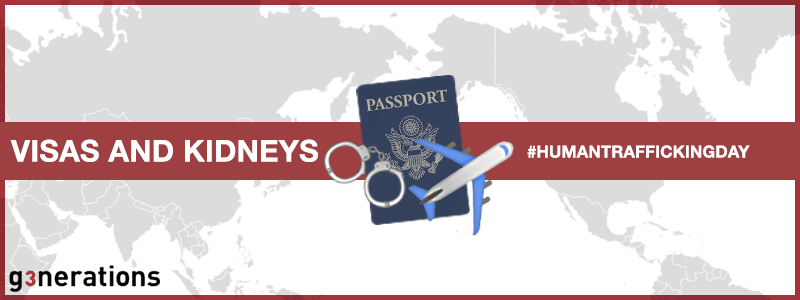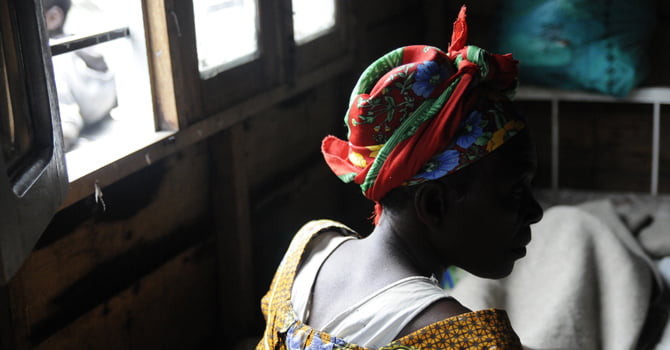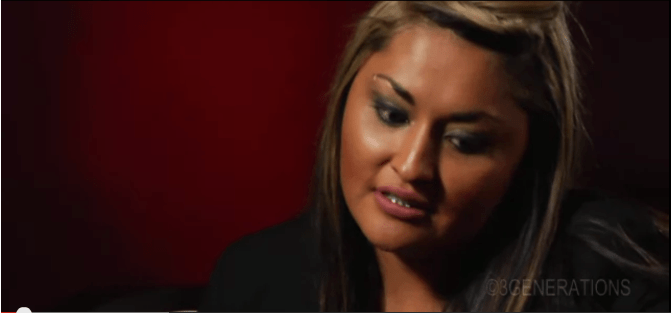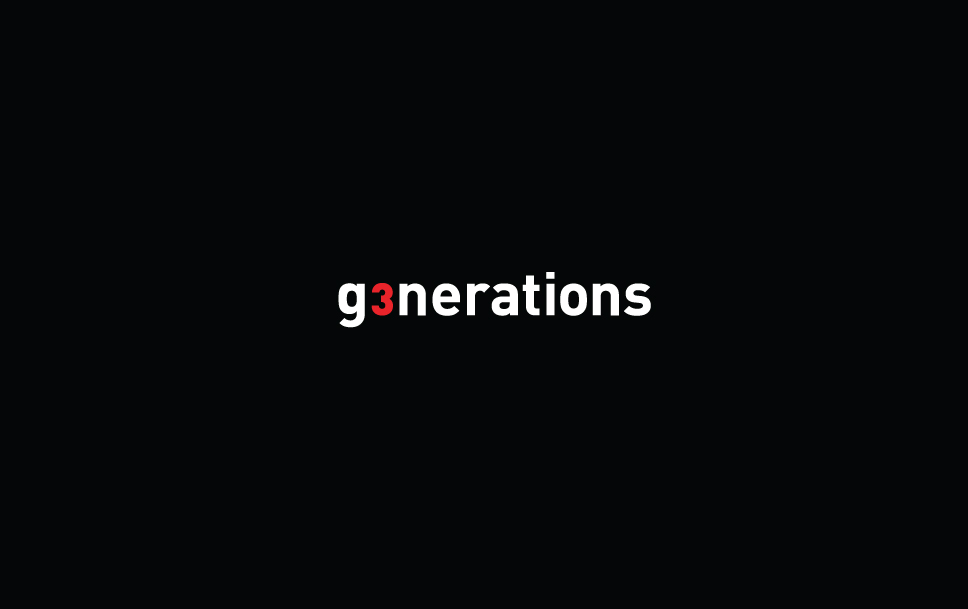Opinions
Visas and kidneys: It’s human trafficking day
She was a 20-year-old beauty from a village in Central Vietnam. The opportunity of a lifetime was days away. She had made her way to Hanoi where a friend of a relative had met her and helped with the complicated visa process at the US Embassy. Her dream of going to America and becoming a well-paid beautician was only a visa interview and a plane ride away. What happened next shattered her dreams but also saved her life.*

8 years ago, when we started fighting human trafficking, most Americans who were even aware of the extent of human trafficking understood it as a cross-border problem: As something that happened overseas. Our goal was to raise awareness and action about domestic trafficking with a focus on young people and children. We made a feature documentary, Tricked, which still streams on Netflix, and a series of short documentaries and videos. We explained what constitutes human trafficking at home, among our daughters and sons. Today, far more Americans recognize that much domestic prostitution is more pernicious than “boys will be boys” and how frequently it meets the legal definition of human trafficking. We have always underscored that it is a human rights crisis. We have made strides.
500 miles away in the consulate in Ho Chi Minh City, a consular officer was trying to authenticate the story of an unsophisticated man applying for a first-time visa to visit a friend in Long Island. The US-based friend was a wealthy oil industry executive who had apparently come from the same village as the applicant. In another interview room, an applicant was seeking a replacement visa for a new passport. The officer sensed that this young man, with 2 phones, a tall story about a burned passport, and a travel history that made him a member of the million mile club, may be part of something bigger. Quickly, he traced the IP address from which his verification documents had been emailed. It was the same one as the man headed to Long Island. On a hunch he next contacted a buddy at the Embassy. Did they have anyone there with documents from the same IP address? Minutes later the word came back, yes they did, at that very moment — a 20-year-old girl heading to New York City. She was taken aside for questioning. What was uncovered over the next few days was a sophisticated sex trafficking and organ smuggling ring. The girl was saved from a life of indentured sex slavery in New York City and the man who was to receive $9000 for a kidney was denied a visa but still has two kidneys. The young man with the burner phone and the burnt passport is in prison. 3 visas unearthed a sophisticated trans global human trafficking ring.
We can now add organ donation to the horror that is human trafficking. It is the desire to escape poverty, economic insecurity and lack of safety at home that allow innocent people to fall into the hands of traffickers and smugglers. Commoditization of other people’s lives is the currency of trafficking. Pure greed, coupled with with complete antipathy, are what survivors of smuggling have described to us time and time again. The moral arguments about how to lift billions of people out of poverty are far more complex. If we are not actively fighting abject poverty overseas at source, are we not aiding and abetting human traffickers — whether it is at the southern border or in Vietnam? Foreign policy that encourages aid is a major preventative. If you don’t want immigrants from Guatemala seeking a safer life here, then try and make things better there. Would you sell a kidney to a stranger to educate your children? Our laws say doing so is illegal, but does that truly make us a more civilized society? Why is OK to donate a kidney but not to sell one? This is what we are thinking about today on National Human Trafficking Day.
*certain identifying details in this story have been changed
–Jane Wells, Executive Director and Founder




